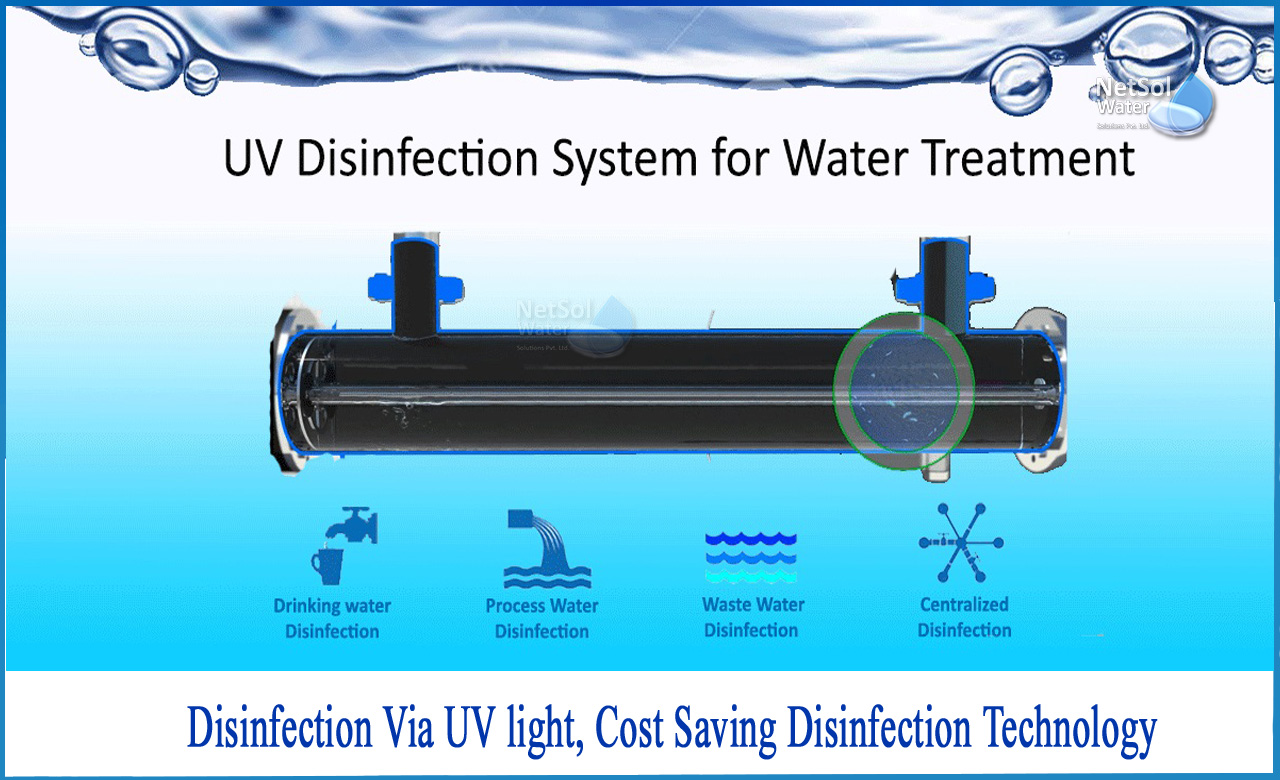Overview
Water is a component with several distinct qualities that distinguish it from any other element on the planet. It is undoubtedly essential to the maintenance of biological life, but it is also extremely valuable in industrial, municipal, and commercial activities.
Process water accounts for a considerable amount of water consumption in the commercial and industrial sectors, and it can be utilized in large volumes depending on the business and location. Of course, the water utilized must be pure and clear in order to avoid product contamination or equipment damage. However, the quality of water might vary depending on the use.
UV technology
Natural water contains dissolved solids and minerals, as well as organic matter and microbiological organisms such as bacteria or protozoa. Even water supplied from municipal water treatment plants may have some pollution. As a result, UV light sterilizer technology should be studied for usage in process water disinfection in industry.
Treating process water before use is extremely useful, if not critical, for the purpose of product productivity and quality, as well as the correct upkeep of process equipment. Disinfection is a common step in the treatment of process water, and it renders bacteria present in the solution incapable of reproducing.
How can UV technology give cost savings for water treatment systems?
There are various chemical disinfection solutions; however, UV technology can give some significant cost savings for on-site treatment systems.
1: Simplicity
On one hand, you may count the components of an ultraviolet disinfection system: UV lamps, reactor chamber, sensors, electrical equipment, and control system.
Chemical systems also require storage and dosing equipment, as well as de-chlorination equipment in some circumstances. As a result, simplistic designs also imply simpler operation for UV sterilizer systems. A simple system needs fewer workers for operation and maintenance, and those personnel do not need to be as well qualified. Cleaning fouled lamp sleeves and changing UV lamps as they reach the end of their useful life are two of the most important aspects of maintenance.
2: Time
This entire system is built on the qualities of light radiation, and everyone knows one thing about light penetration: it is rapid.
Even when travelling through a medium like water, UV light from the ultraviolet lamps reach the target bacteria in seconds if the water is adequately pre-filtered. Chemical disinfectants require a few minutes to thoroughly mix into the solution in order to cover the entire volume. In comparison, chlorine can take up to 30 minutes to properly disinfect equivalent amounts of polluted water with adequate dosage, but a UV light sterilizer can take less than 5 minutes. Because process water must be promptly accessible, response time is crucial for facilities that treat water on-site for use in production. A UV light sterilizer may dramatically shorten disinfection treatment time, resulting in treated water that is ready for use in minutes.
3: There are no chemicals
UV sterilizer technique is completely chemical-free. Although chlorine disinfection systems are among the most widely used and well-known disinfection systems, they have a few drawbacks when it comes to process water treatment.
Disinfectant chemicals are potentially dangerous additions. To guarantee the safety of any operators and other personnel, precautions must be taken when transporting, storing, and handling these additives. Certain chemicals, such as ozone and chlorine dioxide, must be created on-site and may need the use of additional equipment and electricity. Other chemicals need appropriate storage tanks and distribution systems, as well as any necessary safety equipment and procedures for organization workers.
Conclusion
In the presence of organics in a water supply, chemical disinfectants tend to create disinfection by-products, which can be harmful. Disinfection residuals are beneficial for water that has undergone extensive distribution and storage to avoid future contamination, but they may have a detrimental influence on the product or process equipment in process water.
None of these concerns are present with UV sterilizer technology. Because UV disinfection is a completely physical process, there are no residues or residuals to harm product quality or process systems when the water is used.
Netsol Water is Greater Noida-based leading water & wastewater treatment plant manufacturer. We are industry's most demanding company based on client review and work quality. We are known as best commercial RO plant manufacturers, industrial RO plant manufacturer, sewage treatment plant manufacturer, Water Softener Plant Manufacturers and effluent treatment plant manufacturers. Apart from this 24x7 customer support is our USP. Call on +91-9650608473, or write us at enquiry@netsolwater.com for any support, inquiry or product-purchase related query.



